Ally Messier was just four years old when she was diagnosed with Type 1 diabetes. Now, 21 years later, she is the new nutritionist at Oasis Free Clinics, focused on counseling patients with diabetes, one part of the clinic’s ongoing efforts to fight the disease among its patients.
In January, Oasis was awarded a $20,000 grant from the CVS Health Foundation to bolster the clinic’s existing resources to treat diabetics or pre-diabetics, or people whose blood sugar levels are not yet high enough to be diagnosed as diabetics but are at risk for developing the disease.
Nationally and locally, diabetes is one of the most pressing public health issues.
This year in Maine, 11.5 percent of the adult population had diabetes, and 37.2 percent had pre-diabetes, according to the American Diabetes Association. The most recent figures for diabetes diagnoses in Cumberland and Sagadahoc counties, which are mostly served by Oasis, were 7.9 percent and 9.4 percent, respectively, according to a 2015 report from the Centers for Disease Control and Prevention.
The most common form of diabetes among adults is type 2, which is associated with excess weight and obesity. Only 5 percent of diabetics have type 1 diabetes. Both types, however, require that patients monitor blood sugar and insulin levels.
Among Oasis patients — who do not have health insurance and tend to be lower-income — the rates are even higher. Oasis’s Clinical Director Rebecca Brown estimates that more than 15 percent of Oasis patients have been diagnosed with diabetes or pre-diabetes, and the figure is always increasing.
“It’s one of the top diagnoses that we have at the clinic,” said Brown.
But it’s not a disease that can be easily cured with medication alone.
“It’s a lifestyle and med management program that we try to get involved with,” Brown said. “But it’s harder sometimes to squeeze that in to your 20-minute office visit.”
Oasis doctors and nurses do screen all incoming patients for diabetes and pre-diabetes, but it’s difficult to provide the comprehensive care that diabetes demands in their primary care practice. The disease, if left unchecked, could lead to serious complications, such as heart disease, nerve damage, kidney failure or blindness.
“The last thing we would want is someone to lose a limb or go blind or have kidney issues because they had unchecked diabetes,” said Executive Director of Oasis Anita Ruff, “when we know that there are things that we could have done earlier to help them … from getting to that place.”
That’s where Messier comes in: The grant allowed Oasis to hire a specialist to meet one-on-one with diabetic and pre-diabetic patients, to address specific concerns related to diabetes and to give nutrition and general health advice.
The goal is to educate patients and encourage them to make lifestyle changes so that, even if they move away or stop coming to the clinic, they have the proper knowledge to make good decisions for their health.
“It seems to be working,” Messier said. “They take pictures of the foods that they’ve made and they’re so proud that they made a meal at home rather than going to McDonald’s or whatever.
“It just seems to be — little changes make a big deal, make a big difference,” she continued.
Having met with a dietician practically her whole life, Messier knew that she wanted to become a nutritionist when she was a junior in high school. She studied nutrition at the University of Maine at Orono, then went on to receive her master’s degree in public health at Southern New Hampshire University.
Her work at Oasis is only part-time because as she also works as a nutrition educator at Access Health, a community health coalition that partners with local nonprofits and organizations, including Oasis, to tackle public health challenges. She also teaches free nutrition classes in low-income communities through Maine SNAP-Ed.
“My whole goal was to work with diabetic patients, kind of like myself,” she said.
Though many of the patients she meets at Oasis have been diagnosed with or are at risk for type 2 diabetes, Messier believes that she can relate to them, and they to her, because she, too, has to keep an eye her insulin levels and maintain a healthy diet and lifestyle.
“She’s able to really help them focus in on a couple things that could make a huge impact on their life,” said Brown.
Also integral to Oasis’s diabetes program is supplies. Resources from the grant allow Oasis to build take-home kits for patients, complete with glucometers and test strips that allow them to monitor their blood sugar levels at home.
Usually, having these materials at home is cost-prohibitive, explained Brown. Test strips can cost up to $1 per strip, and diabetics are supposed to check their blood sugar three times a day.
“You’re looking at 90 bucks a month,” said Brown. “It’s completely impossible for most people, let along folks with no insurance.
“So the fact that we’re able to give somebody a box of 100 test strips, a glucometer,” she added, “everything they need to do this so there’s no more excuses, is incredible.”
Ruff said the organization was appreciative of the support it gets from organizations and businesses like CVS that set aside money specifically to help free clinics.
“We wouldn’t be doing this project without that support,” she said. “It’s one of those things we’ve wanted to do for a long time, but without the specific resources to do it, it just wouldn’t have happened.”
• THIS YEAR in Maine, 11.5 percent of the adult population had diabetes, and 37.2 percent had pre-diabetes, according to the American Diabetes Association. The most recent figures for diabetes diagnoses in Cumberland and Sagadahoc counties, which are mostly served by Oasis, were 7.9 percent and 9.4 percent, respectively.
